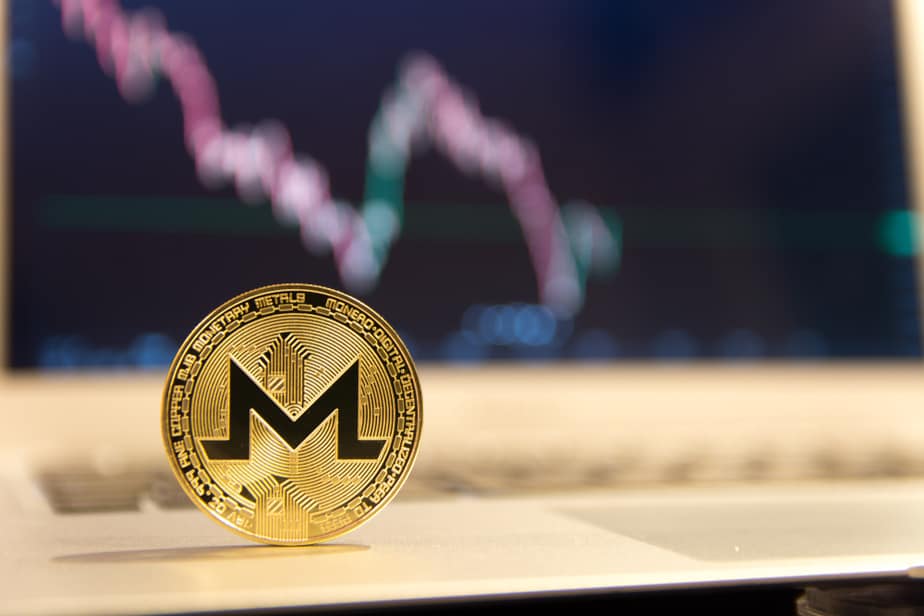Anyone who wants to get into cryptocurrency trading must find a good wallet to store their coins. That definitely applies to a privacy coin like Monero (XMR). A trader will need a dependable Monero wallet in order to maximize the already excellent privacy and anonymity features of the coin. XMR wallets work by storing two very important keys: (1) the view key, which allows you to zero in on your individual transactions from Monero’s distributed ledger, and (2) the spend key, which allows you to “send” XMR to another user or, rather, privately indicate that a certain coin on the ledger now belongs to someone else.
However, beyond this common operating principle, XMR wallets differ from type to type. One XMR trader may prefer a certain kind of wallet while others may favor another kind. If you’re a new investor to this coin, what kind of wallet should you keep? To answer that, here are five important questions you can ask yourself before you settle on the right Monero wallet for you.
Do You Want a Full Wallet or a Light Wallet?
When it comes to choosing between wallets, you’ll be faced with full wallet options or light wallet options. A full wallet will come with its own node in the Monero network, which means that it will contain a copy of Monero’s ledger for your own use. It also means that you don’t have to connect to another person’s node just to get a copy of the ledger, which affords you additional privacy. There is a disadvantage to a full wallet, though: the Monero ledger is a hefty file which demands at least 50 GB worth of storage, and the chain grows a little in as short an amount of time as two minutes.
In contrast, a light wallet won’t have its own copy of the Monero ledger and will require you to link up to a node somewhere else. The advantage that it has over a full wallet is that it’s very lightweight on storage, and it can even be operated on a smartphone.
As an XMR trader, would you value privacy or lightweight operation from your wallet? Your preference will determine which of these two is best.
Do You Want a Hardware Wallet for Your Monero?
There’s also the option to get a hardware wallet for your Monero, or a dedicated device that can generate keys and store keys offline. Though it will still need to connect to a virtual wallet for a transaction to be completed, a hardware wallet allows you additional safety and control over your keys. The keys are safely hidden away on the hardware device, and no one but the owner of the wallet can authorize a transaction.
If this idea appeals to you, you can consider spending some extra on a hardware wallet. Do your research on how to use it and how to connect it to a virtual wallet equivalent.
Do You Want to Keep Other Cryptocurrencies Aside from Monero?
Though some Monero traders may choose to deal exclusively in XMR, others may like the variety of investing in other coins. For the latter, there’s the option of getting a multi-cryptocurrency wallet to store multiple types of coin in one place.
Indeed, if you want to invest in coins other than XMR, it may not be necessary to keep different wallets for each coin. It will be cheaper and simpler to store all of your coins in a multi-currency wallet that can accommodate them.
What Security Features Do You Want on Your Monero Wallet?
Another deciding factor for which Monero wallet to get is the extent of the security it will afford you. Your wallet’s security features will make all the difference in protecting your coins and securing them from theft.
One comparison you can make between wallets is whether they’re “hot wallets” or “cold wallets.” The former hosts private keys that are connected to the internet, while the latter keeps keys detached from online connections. The latter option is considered the safer one because malicious crypto-related attacks from hackers are known to transpire over the internet.
You can also check out whether the wallet you’re looking at supports sub-addresses, which enable separate transactions that go into the same wallet but are impossible to link to each other. The Monero network is already quite safe due to its ring signature, Ring Confidential Transactions (RingCT), and Stealth Address technologies, but not all Monero wallets have sub-address support. If you want to compartmentalize your XMR transactions in order to be extra secure, you’ll want a wallet that will allow you to transact from sub-addresses.
What Are the Wallet’s Interface and Support Features Like?
Lastly, it’s important to think about how user-friendly your Monero wallet is and how much support you can expect from the wallet’s support team. Choosing a crypto wallet is very much like choosing an OS for your smartphone or a payment gateway for your transactions with fiat currency. The best choice reflects your preferences and what you find comfortable and intuitive.
You should also demand a level of support that fits you as a trader. If you anticipate needing a lot of it because you are only just beginning in your journey with XMR, look for a wallet with consistent, round-the-clock, and well-rated customer service.
Conclusion
A crypto wallet is one of the things that can make or break your experience of trading in cryptocurrency. With that in mind, think carefully about what kind of wallet you want for your XMR and acquire the one that best suits your needs.
